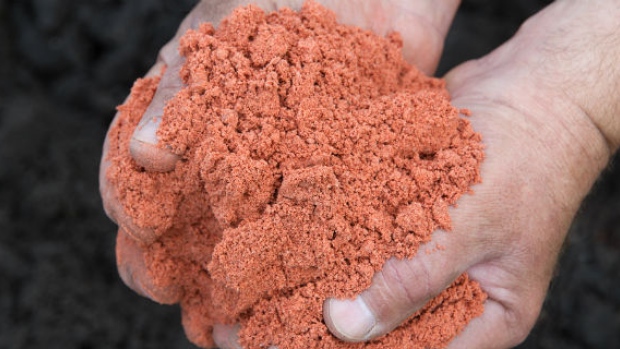Feb 7, 2019
Nutrien outlook misses expectations as trade dispute weighs
The Canadian Press

SASKATOON -- Nutrien Ltd. (NTR.TO) says it expects higher deliveries of potash this year but that record crop yields last year and tariff uncertainty between China and the U.S. have put pressure on future crop prices.
The trade dispute and pricing pressure helped contribute to expected earnings of between $2.80 and $3.20 per share for this year, below analyst expectations of $3.38 per share according to Thomson Reuters Eikon.
The company says a resolution of the trade dispute could give a boost to prices and encourage more fertilizer use, but that the issue continues to create uncertainty in the market.
Nutrien says it had net earnings of US$3.2 billion for the quarter ending Dec. 31, compared with a combined net loss of US$76 million for PotashCorp and Agrium Inc. in the same quarter a year earlier before the two merged to form Nutrien.
The company says it had adjusted net earnings from continuing operations of US$335 million, or 54 cents per share, slightly off the US$336 million or 55 cents per share expected by analysts according to Thomson Reuters Eikon.
It says low potash inventories in China and Brazil, along with slower supply growth, will help boost demand this year even as U.S. inventories are elevated from high rainfall in the fourth quarter.


